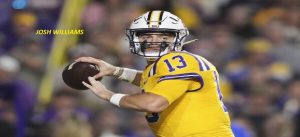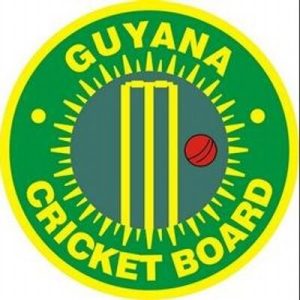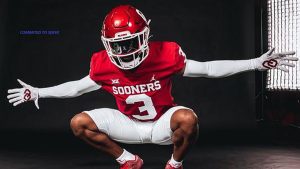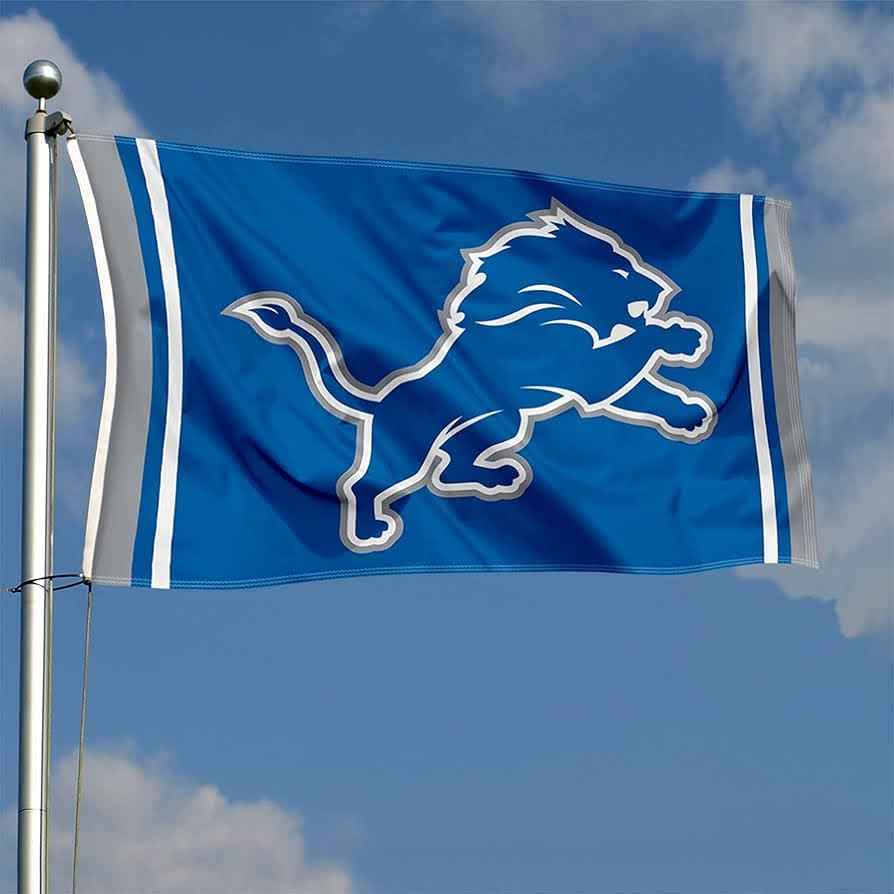
In-game updates, analysis, and important stats as No. 11 Penn State concludes the season against Michigan State in Detroit
No. 11 Penn State will try to win its tenth game of the year on Friday night at Ford Field in Detroit against Michigan State. The Lions are strong favorites to defeat the Spartans, end the regular season with a 10-2 record, and hold onto their spot for a prime New Year’s Six bowl berth. However, Penn State’s offensive problems must be resolved in order to sustain a defense that has been among the best in the country all season.
When the game begins, keep an eye on the blog that is currently live below for crucial updates, video highlights, and important stats.
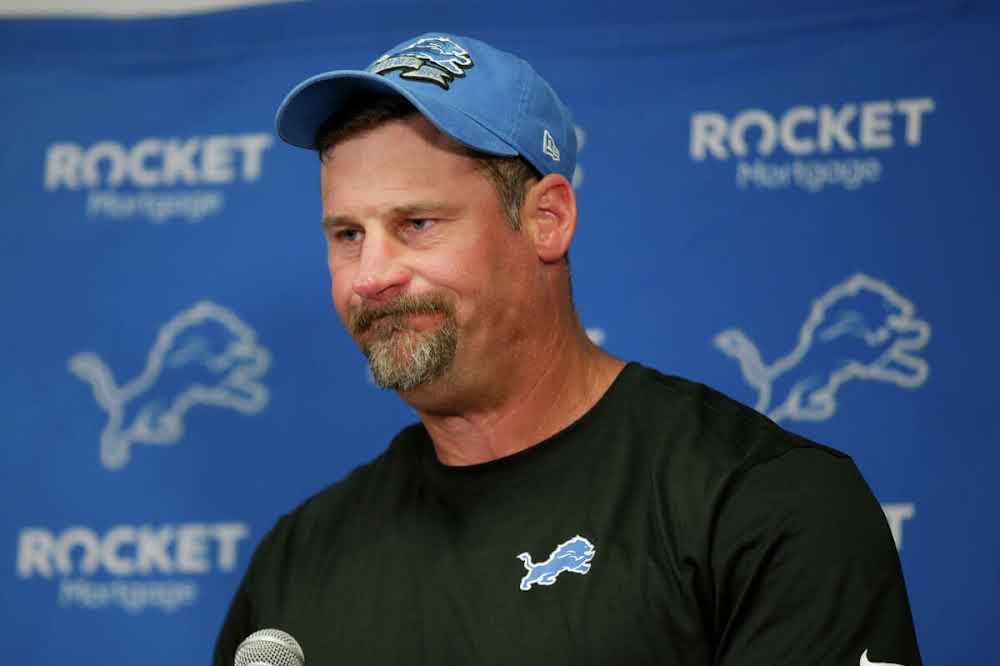
Prior to the game
Pre-game availability reports will be the first to be updated, and then the running game blog will provide scoring plays, important statistics, video highlights, and more.
READ MORE
Luke Getsy’s defense of calls against the Lions says a lot about Justin Fields and the Bears’ offense originally appeared on NBC Sports Chicago LAKE FOREST, Ill.— The Bears’ offense, led by Justin Fields, was clicking for three quarters in Detroit. However, during the fourth quarter, the attack plan became conservative, which allowed the Lions to make a 12-point comeback with less than five minutes remaining. The first controversial call came halfway through the fourth quarter, following a 29-yard run by Fields to put the Bears inside the Lions’ 30-yard line. With a nine-point lead, the Bears had an opportunity to go for the kill shot against the NFC North-leading Lions.
Head coach Matt Eberflus defended the decision to take the ball out of Fields’ hands, pointing to Johnson’s run on third-and-medium earlier that the Bears converted. However, offensive coordinator Luke Getsy said that many factors played into the decision to run the ball on that crucial third-and-7 that saw the Bears stretch their lead to 12 but gave the Lions a chance to come back. Instead, the Bears called three runs and settled for a short field goal.
Getsy declared at Halas Hall on Friday, “We’re going to be in the best play mindset at all times.” If you find yourself in a favorable situation, as we believed we were, you will take advantage of it. Run, pass, doesn’t always mean that you have to throw the ball or run it—you can always do whatever makes you feel more aggressive. Earlier in the game, with Roschon, we got the first down and called a run on third-and-six or something. We performed well. We gave that one our best effort.
“At times, you’re also basing those choices on the circumstances. Would you like to start the clock? Are you in range for a field goal already? Are you concerned that a pressure may be approaching? Or, in any case, you’re also engaged in a chess match with the opposing team. We were pleased with all of those calls. Which two of them do I want to reclaim? Yes, I do. I would really like to since I now understand what they did and how they undoubtedly defended us.”
Further film review of that third-and-7 call showed the receivers to the right were either preparing to block for a run to that side or a screen to DJ Moore, signaling it was a designed run-pass-option. Johnson told NBC Sports Chicago and the Chicago Sun-Times that he believes the play call was an RPO, with Fields having the option to pull and run or toss it out to Moore. Eberflus said on Monday that Fields might have had a chance to “disconnect” from the mesh point on that play and keep it.

The rookie running back claimed that the pre-snap look they received indicated a handoff and that he would have converted had he not been tripped by a body on the ground while trying to squeeze through the hole.
Getsy’s play-calling during the Bears’ next drive has also come under close examination.
With 2:59 left, the Bears were up 26-21, and they needed two first downs to seal the biggest victory of the Eberflus era.
Fields passed the ball to Khalil Herbert for no gain on the first down. On second down, Getsy signaled a read-option, which Fields passed to Herbert for a gain of 1. Fields claimed after the defeat that the Lions’ defense was playing them wide in order to counteract his ability to run, so
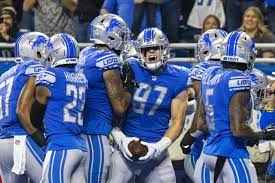
Regarding the give, Getsy remarked, “That’s not an exact science.” “There’s no precise science to telling that quarterback what to do, exactly. I believe there were many occasions during that game when, if you were coaching it, you would have asked, “Why did you keep that?” But occasionally, the question is, who is that person, and who are you? And I take it that you have to feel what you feel? Additionally, I believe Justin made the right choice. The next time, we must and will perform the remainder of the play much more skillfully.”
The next play, Fields saw robber coverage at the snap, which separated him from Moore as he crossed the middle, and he hit rookie Tyler Scott with a deep pass. Scott “misjudged” the perfectly thrown ball, causing the pass to fall incomplete.
If Fields had waited a beat, Moore might have had a chance to hit him on the crossing route even with the safety coming down.
For Getsy, it’s all just a part of the process of developing an NFL quarterback. It is not as simple as if one, then two. Depending on the type of player you have on the field and the matchup he is up against, it could be one, two, or even three.
“I think that’s all part of your growth, and when you’re going through those types of situations, you always want to factor in who people are, that’s always matchups are always kind of a starting point of our week, when you’re putting your plan together,” Getsy said regarding the fateful third-and-9 call. “But the cool part about it was just the way that he processed it, the way he communicated, the way that he talked about why he did what he did and what he saw — that’s all real growth and stuff like that.”
The Bears’ collapse against the Lions and the autopsy that followed demonstrate how much improvement is still required from all areas of the offensive line, from Getsy to Eberflus, field quarterbacks Andrew Janocko, linebackers, receivers, and backs. The offensive problems Detroit experienced towards the end of the game are a sign of a more serious illness. The Bears are still attempting to rid themselves of it, but it has spread to everyone.
Regardless of the Bears’ desire to reveal the key decisions made in Detroit, it’s obvious that mistakes were made across the board, which contributed to a historic collapse.
Fields claimed on Wednesday that the Bears’ first 54 minutes in Detroit “showed” who they were. They may aspire to be that person. For now, though, they remain what they demonstrated during the pivotal moments—a functioning system that remains incapable of overcoming obstacles during the moments of victory.


